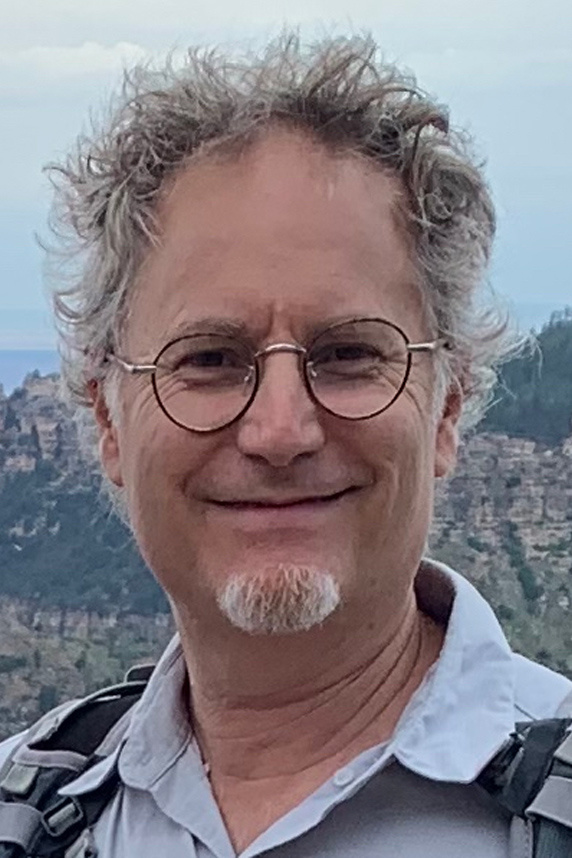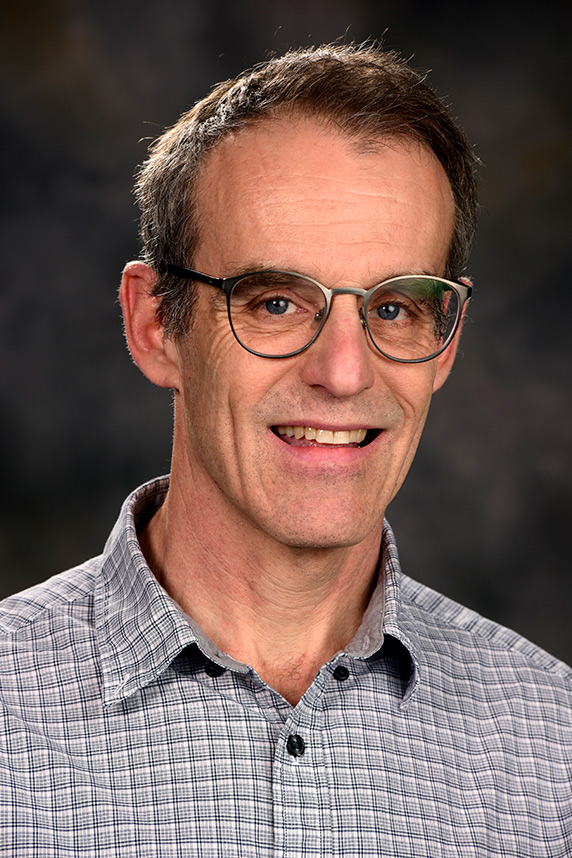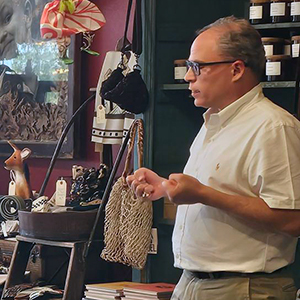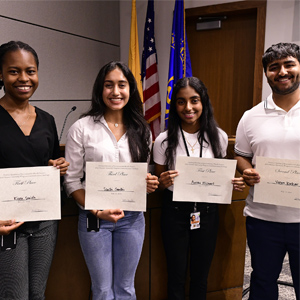When writing about their latest discoveries, scientists often reuse material from their old publications. They might recycle carefully crafted language on a complex molecular process or copy and paste multiple sentences — even paragraphs — describing experimental methods or statistical analyses identical to those in their new study.
 Moskovitz is the principal investigator on a five-year, multi-institution National Science Foundation grant focused on text recycling in scientific writing. (Photo courtesy of Cary Moskovitz)
Moskovitz is the principal investigator on a five-year, multi-institution National Science Foundation grant focused on text recycling in scientific writing. (Photo courtesy of Cary Moskovitz)“Text recycling, also known as self-plagiarism, is an incredibly widespread and controversial issue that researchers in almost all fields of science deal with at some point,” said Cary Moskovitz, Ph.D., during a June 11 seminar sponsored by the NIEHS Ethics Office. Unlike stealing other people’s words, the ethics of borrowing from one’s own work are more ambiguous, he said.
Moskovitz is Director of Writing in the Disciplines at Duke University, and he leads the Text Recycling Research Project, which aims to develop useful guidelines for scientists and editors (see sidebar).
David Resnik, J.D., Ph.D., a bioethicist at the institute, hosted the talk. He said he was surprised by the complexity of self-plagiarism.
“Even simple solutions often do not work,” Resnik noted. “It made me think we need more guidance on this topic, for scientists in general and for NIH and NIEHS researchers specifically.”
Gray area
“Probably the biggest challenge of text recycling is the lack of visible and consistent norms,” said Moskovitz.
For example, the Office of Research Integrity at the U.S. Department of Health and Human Services states the following: “Authors are urged to adhere to the spirit of ethical writing and avoid reusing their own previously published text, unless it is done in a manner consistent with standard scholarly conventions.”
Yet there are no such universal standards, Moskovitz pointed out. Text recycling is rarely addressed in ethics training, and there has been little research on the topic. To fill this gap, Moskovitz and his colleagues have interviewed and surveyed journal editors as well as graduate students, postdocs, and faculty to learn their views.
 Resnik said the ethics of text recycling should consider values fundamental to science, such as honesty, openness, transparency, and reproducibility. (Photo courtesy of Steve McCaw)
Resnik said the ethics of text recycling should consider values fundamental to science, such as honesty, openness, transparency, and reproducibility. (Photo courtesy of Steve McCaw)In general, people are not opposed to text recycling, his team found. However, in some contexts, the practice did give individuals pause.
For example, Moskovitz heard several editors say they have reused material from their own work, but they would not allow it in their journals because of copyright concerns. “It seemed like a tenuous thing, so they thought it better to be safe and not do it,” he said.
No change for change’s sake
Moskovitz argued against changing text simply for change’s sake. In addition to the time potentially wasted on revising prose, he said such edits might make it more difficult for readers following a specific line of research to know what has remained the same and what has changed from one study to the next.
“Good science happens by people slowly and methodically building not only on other people's work, but also on their own prior work,” said Moskovitz. “I think if we tell people not to recycle text because there's something inherently untrustworthy or misleading about it, that generates problems for science.” Instead, he said researchers need to consider what should be acceptable, and why.
(Marla Broadfoot, Ph.D., is a contract writer for the NIEHS Office of Communications and Public Liaison.)









